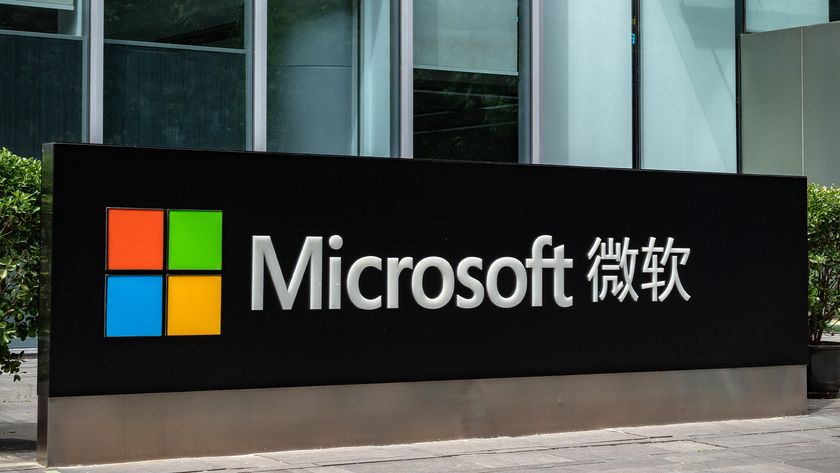Security and Manageability
Apple vets every app in the App Store and it doesn't have a problem with malicious content. Google does not vet apps before allowing them into the store, instead scanning the Play store for malware. Android devices are the more vulnerable due to the open source nature of the operating system and users/IT admins need to make sure apps are downloaded from verified developers.
All major mobile device management (MDM) programs supportiOSand Android.Apple provides a freeMDM program known as Apple Configurator. This supports user creation based on pre-existing directory server accounts, allows admins to restrict which apps and Wi-Fi networks can be used as well as which computers each device can connect to via USB.
Apple Configurator supports the latestiOS7 enterprise features first before other MDM programs. The latest features include the ability to whitelistAirPrintprinters, restrict which file formats can be used with which apps and the option to require certain apps are used with the VPN enabled. Despite this, Apple Configurator is only suitable forsmall-scale deployments as wireless management isn't possible andiOSdevices have to be connected to the administrative computer via USB.It's also prone to glitches such as the bug iniOS7 (now fixed) that disabled Apple Configurator-installed device profiles.
Google doesn't have its own MDM program for Android but does have a number of enterprise features. Android has supportedIPSec, PPTP and L2TP VPNs since 2.3 Gingerbread and multiple user accounts since 4.3 Jelly Bean. However, it's only recently had its own non-Exchange based remote wipe service with the launch of the web-based Android Device Manager.
Android Device Manager is compatible with not just 4.4KitKatdevices but devices running versions of Android as old as 2.2Froyo, although there are some rough edges. A recent bug in an update to Google Play Services, a background process needed by almost all of Google's own-branded apps, turned off the security settings needed for Android Device Manager to work. In addition, as it's designed to work with devices tied to a single Google Play account, its interface becomes unwieldy when managing anything more than a handful of phones.
The ability to selectively erase company-related data remotely, and not personal dataispossible on Android with a Google Apps subscription or a third party MDM program - it's not supported by Android Device Manager. Selective wipe is only available oniOSwith third-party MDM programs.
Google devices withNFCcanemulate smartcards. However, we'd like to have seen support for bulk app purchasesinKitKat, a feature long supported oniOSvia Apple's Volume Purchasing Program. Under this scheme apps are tied to your corporate iTunes account, and not individual user's accounts, so apps can be redeployed to other employees as needed via MDM.
WINNER:iOS. Apple's operating system is more secure and has enterprise friendly features.
Get the ITPro. daily newsletter
Sign up today and you will receive a free copy of our Focus Report 2025 - the leading guidance on AI, cybersecurity and other IT challenges as per 700+ senior executives







